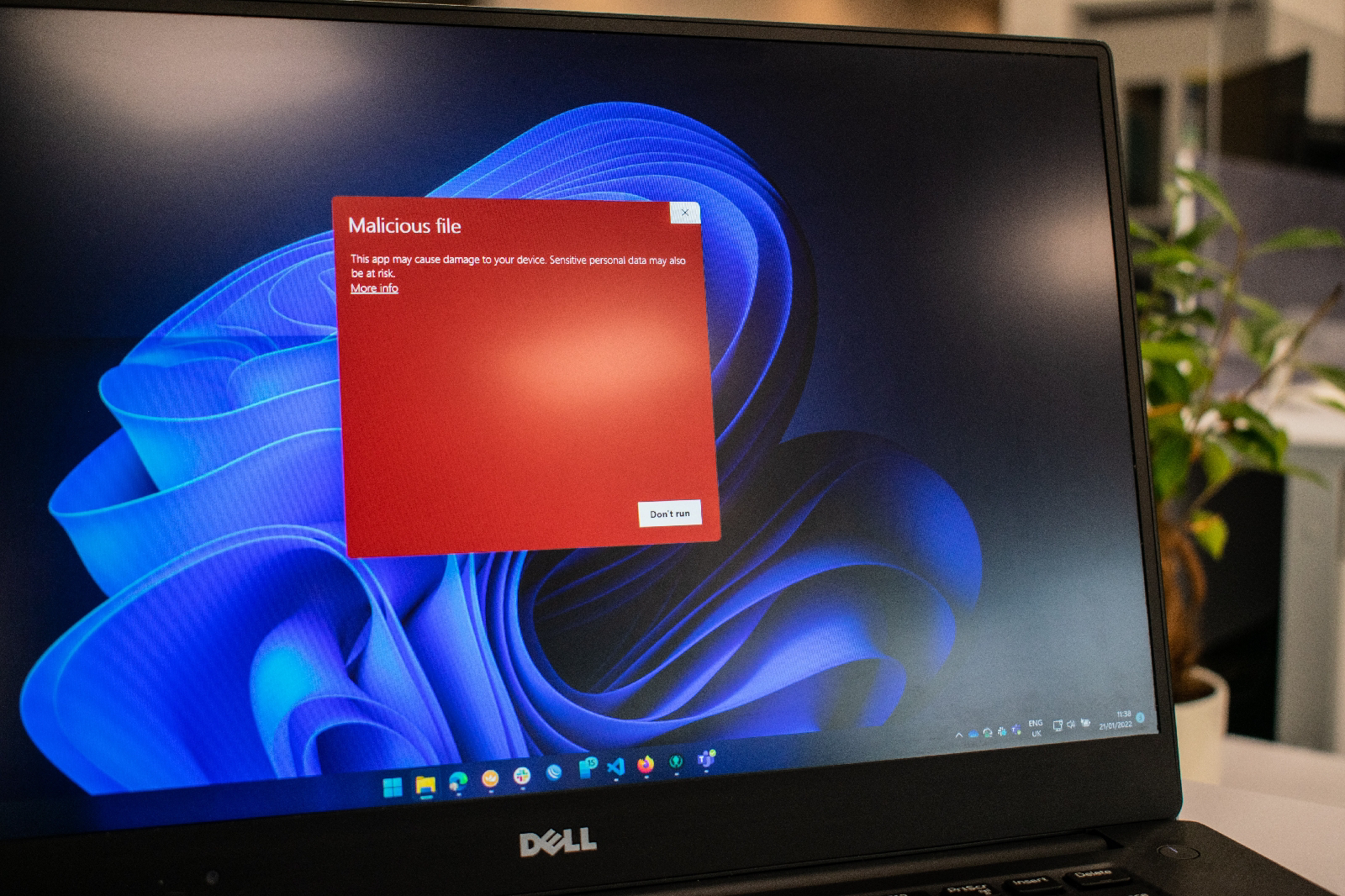Introduction:
In today's digital landscape, where cyber threats are increasingly prevalent, protecting our devices from malware, viruses, and other malicious software has become a top priority. Antivirus apps claim to provide a solution by offering real-time protection and scanning capabilities. But do antivirus apps really work? In this blog post, we will explore the importance of antivirus apps, understand how they function, and examine their limitations.
1. The Importance of Antivirus Apps:
Antivirus apps play a crucial role in maintaining the security and integrity of our devices. Here's why they are important:
a) Malware Detection: Antivirus apps are designed to detect and remove malware, including viruses, ransomware, spyware, and Trojans, from your device. They employ various techniques such as signature-based detection, behavioral analysis, and machine learning algorithms to identify and eliminate threats.
b) Real-time Protection: Antivirus apps provide real-time protection by monitoring your device and its activities. They can detect and block malicious files, websites, and phishing attempts before they can harm your device or compromise your data.
c) Scanning Capabilities: Antivirus apps allow you to perform scans of your device, including files, apps, and external storage, to identify and eliminate any existing threats. Regular scans can help ensure your device remains clean and secure.
d) Additional Security Features: Many antivirus apps offer additional security features such as app locking, anti-theft measures, privacy scanning, and Wi-Fi network monitoring. These features enhance overall device security and user protection.
2. Limitations of Antivirus Apps:
While antivirus apps are beneficial, it's important to be aware of their limitations:
a) No Guarantees: Antivirus apps cannot provide 100% protection against all threats. New and sophisticated malware can emerge that may bypass antivirus detection. Therefore, it's crucial to combine antivirus apps with other security measures and safe browsing practices.
b) Limited Effectiveness on Infected Devices: If your device is already infected with malware, an antivirus app may not always be able to remove all traces of the infection. In such cases, it may be necessary to seek professional assistance or consider a factory reset.
c) System Resource Consumption: Antivirus apps can consume system resources, such as CPU and memory, which may impact device performance. However, reputable antivirus apps are designed to minimize resource usage and optimize performance.
d) User Responsibility: Antivirus apps are effective tools, but they are not a substitute for user vigilance. It's important to practice safe browsing habits, avoid suspicious websites and links, and be cautious when downloading and installing apps from untrusted sources.
Conclusion:
Antivirus apps are valuable tools in the battle against malware and other cyber threats. They provide essential protection, real-time monitoring, and scanning capabilities to safeguard your device and personal data. While they are not foolproof and have their limitations, when used in conjunction with other security practices, they significantly reduce the risk of infections and data breaches. Remember, maintaining a secure digital environment requires a multi-layered approach, combining antivirus apps with regular software updates, strong passwords, safe browsing habits, and user vigilance. By adopting these practices, you can enhance your device's security and enjoy a safer digital experience.


